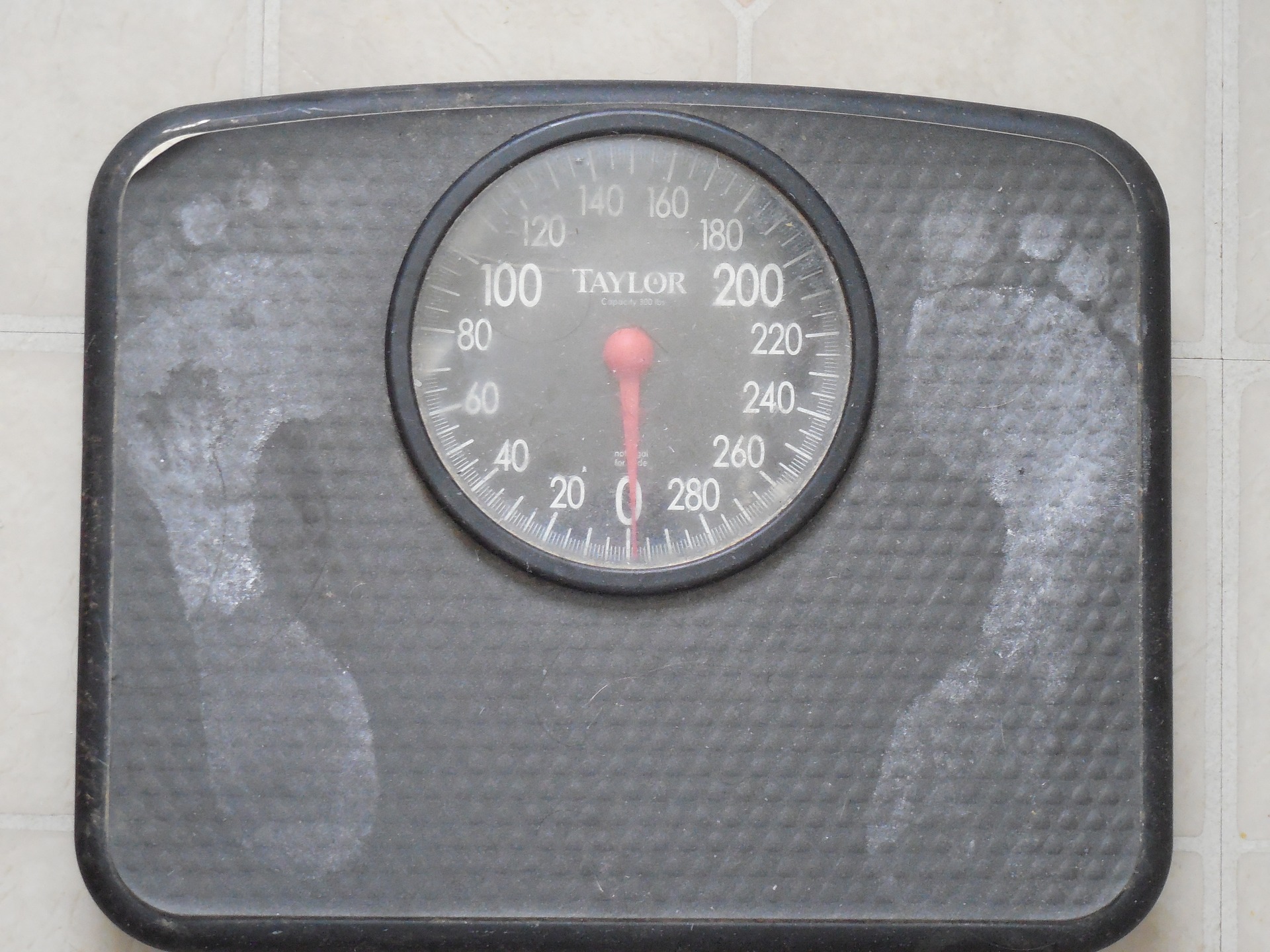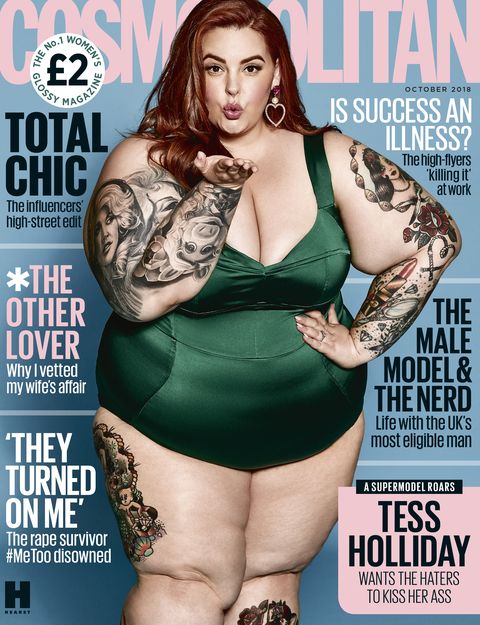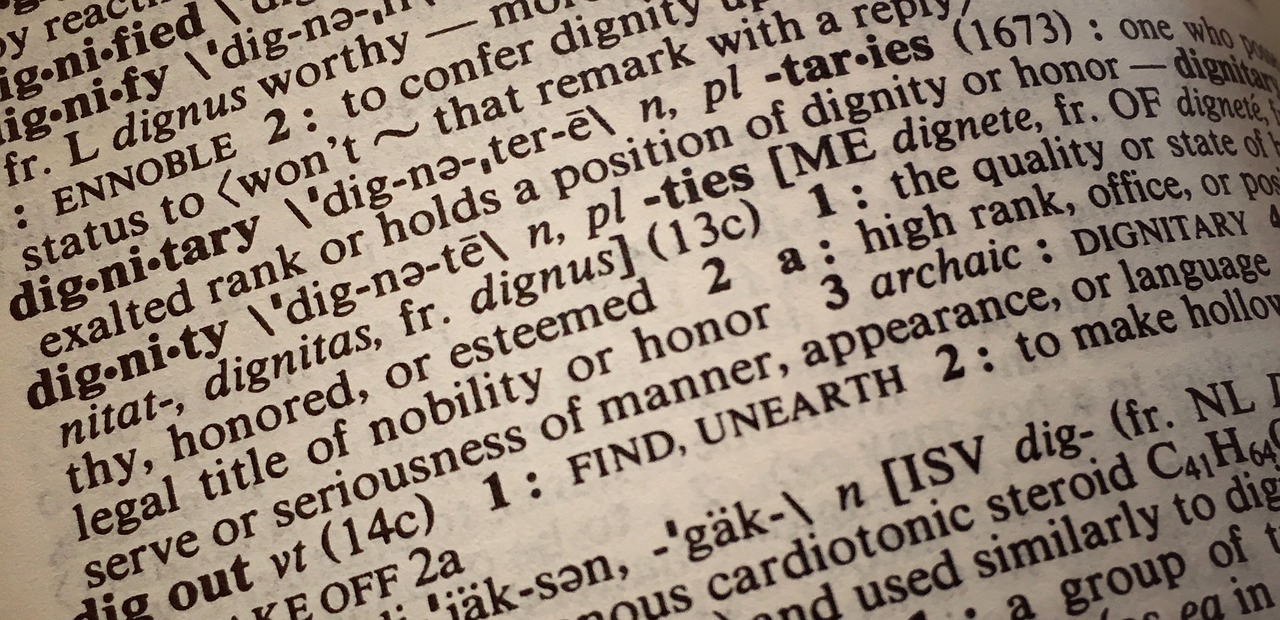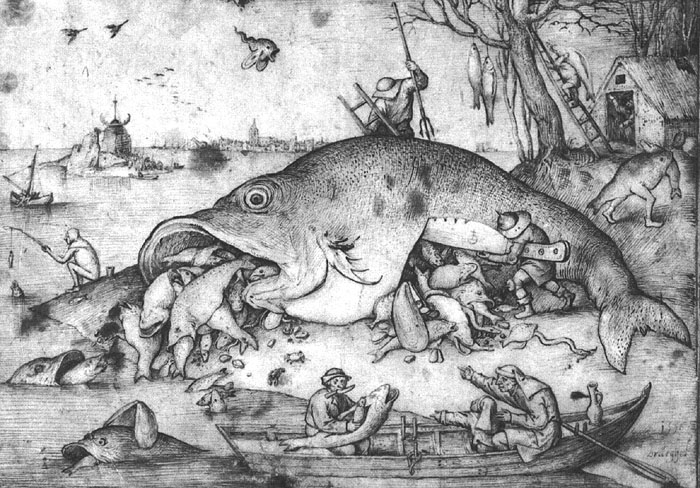“Somewhat Inclined to Embonpoint”: Introducing Female Slenderness in Late 19th-Century Short Stories and Serial Novels

Popular culture produced, circulated, and challenged ideals of the female body in the 19th century as much as in the 21st century. Serials, novels published in installments, and short stories in fashionable literary magazines were as popular and religiously followed as Netflix original series today. As romance was one of the most important genres, what made women attractive was defined in these stories and nationally distributed as normative beauty and gender ideals. The fascination with female body weight at the end of the 19th century is a case in point: it reflected a broader shift in what constituted ideal femininity and how it was to be embodied. In 1863 a small pamphlet, A Letter on Corpulence, triggered the first dieting craze in the United…



